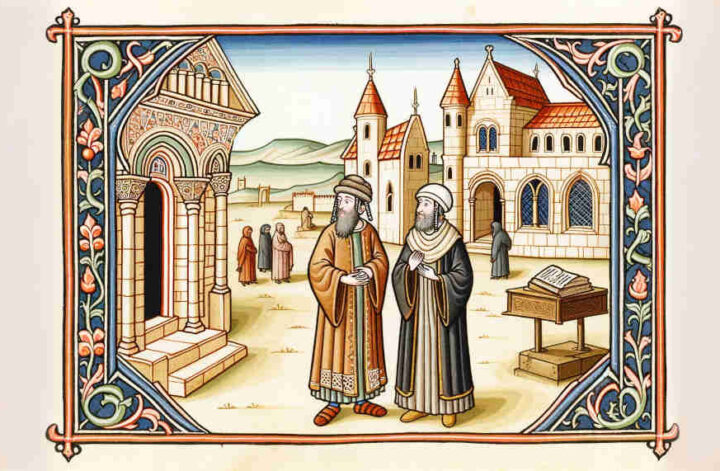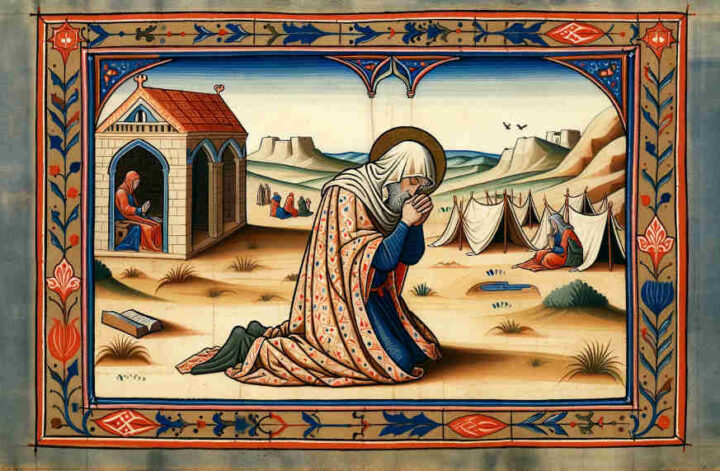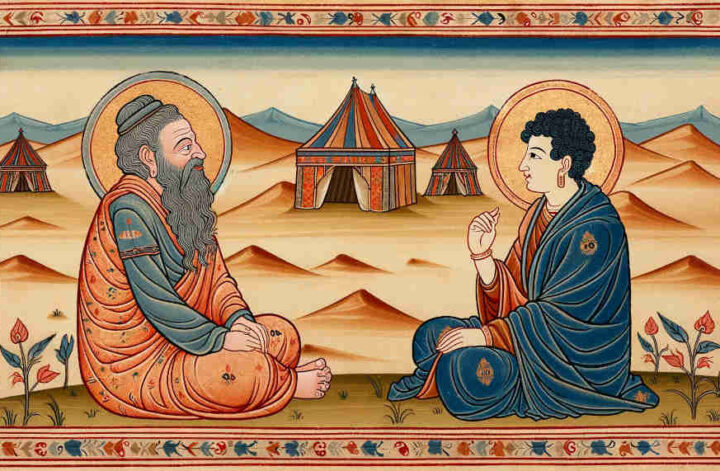Email from a reader: “Dear Rabbi Joshua, I am curious about how the Noahide Laws enable Gentiles to follow God while not being bound by the Mosaic Laws, especially considering the verses in Exodus 12:48-49. How is this difference reconciled in Jewish thought? Best regards, Daniel Foster”
Dear Daniel,
Your question touches on a profound aspect of Jewish theology and its understanding of the relationship between God’s covenant with the Jewish people and His expectations of humanity at large.
The Noahide Laws and Universal Morality:
The Seven Noahide Laws are considered a universal moral code given to all humanity. These laws predate the Mosaic Law (the Torah given to Moses at Sinai) and are seen as foundational to ethical conduct and basic human morality. They include prohibitions against idolatry, blasphemy, murder, theft, sexual immorality, eating flesh from a living animal, and the command to establish fair legal systems.
The Mosaic Law and the Jewish People:
Contrastingly, the Mosaic Law, which includes the commandments given in Exodus and throughout the Torah, was specifically given to the Jewish people. This set of laws was intended to establish a unique covenant between God and the Jews, setting guidelines for a wide array of religious, ethical, and social practices unique to Judaism.
Reconciling the Two Sets of Laws:
Now, regarding your reference to Exodus 12:48-49, which speaks of one law for both the native and the stranger living among the Israelites, it’s important to understand this in its proper context. The passage refers to the participation in the Passover offering, a specific ritual in which a non-Jew who wishes to partake must first convert to Judaism.
This does not imply that all Mosaic laws apply to the non-Jewish world. Rather, it highlights the inclusive aspect of certain religious practices under specific conditions, particularly for those who join the Jewish faith. For Gentiles who do not convert, the Noahide Laws provide a framework for a righteous and moral life that is pleasing to God without the need to adhere to the full body of Jewish law.
The Distinct Roles in God’s Plan:
Jewish thought sees both the Jewish people and the Gentiles as having distinct but equally important roles in God’s plan. For Jews, this involves following the Mosaic Law. For Gentiles, adherence to the Noahide Laws is seen as their path to righteousness and a proper relationship with God. This distinction allows for a diverse yet harmonious fulfillment of God’s will, where each group upholds its specific covenant with God.
Daniel, your question reflects a deep interest in understanding the complexities of divine law and its application to different groups of people. May your exploration of these profound subjects continue to bring you insight and clarity.
Warm regards,
Rabbi Joshua


